School related anxiety and home educating through Covid-19
Why you might want to consider continuing with home education after lockdown.

If you have a child who is showing you with their actions or words that they don’t want to go back to school when the Covid-19 lockdown is lifted, that they are happier learning at home, maybe it is time to embrace this golden opportunity that the current lockdown situation has presented and try something new.
School related anxiety
Sadly, in my experience of working with families for the past 12 years, school related anxiety in children and young people is one of the most common worries that parents talk to me about. School related anxiety affects both children with and without special educational needs or disabilities (SEND). Although it is worth noting that within the number of families I am in contact with, children with SEND represent a disproportionately high number, as increasingly their needs are not being adequately met within the school setting.
Previously, school anxiety has been more of an issue for Secondary age children, but I am now seeing an increase in its prevalence within Primary age children. We have long acknowledged that pre-teens and teens are at a point in their development where puberty, hormones and the journey of developing into an adult can result in changing sleep patterns, changes in moods and what appear outwardly to be ‘selfish’ behaviours. At this time young people are wrestling with new, unfamiliar feelings and emotions, thoughts around their independence, changing relationships within their family and friends, and where they now fit in the wider world – it’s a confusing time that can result in upset, fear and frustrations.

Now add into that mix the pressure and stresses young people have at school. Peer pressure, in its many ugly forms, continues to pervade within school walls, with young people feeling the pressure to fit in with the ‘right’ crowd and to be seen to be doing or wearing the ‘right’ thing, so as not to get bullied or ridiculed both in the real world as well as in the relentless world of social media.
Teachers pile on their respective homework demands and continually reinforce the notion that all the young people have to strive to get the top grades, in all subjects, because if they don’t their future job and life prospects will be bleak. The trouble is, school education is a compulsory, coercive education. Young people are delivered an approved curriculum, which they must obliging receive, digest and regurgitate at a later point during exams. Let’s be honest, the notion of a one-size-fits-all curriculum that is going to meet the needs, abilities, interests and aspirations of all the individuals within a class, let alone an entire year group across the whole country, is ludicrous – but we expect our young people to keep showing up, working hard and worse of all, to stay happy and motivated to learn, when probably most of the curriculum is uninteresting and irrelevant to their personal interests and skills. Ask yourself, how easy would you find it to learn and retain information, if you are uninterested, do not see the point and are being made to do it every day, without choice?
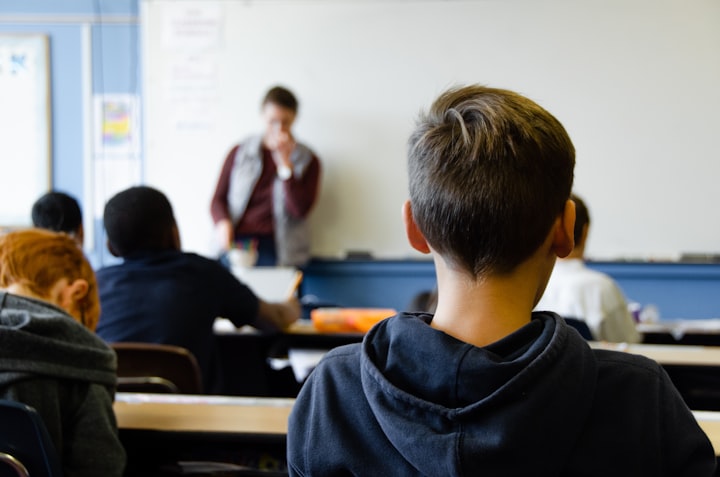
The school environment is also an authoritarian one, with very little power or control for young people. These emerging independent adults, as well as having little choice over their learning material, have very little power to challenge teachers, rules and injustices within school. Every aspect of their day is managed; what to learn, when to learn it, what to wear, when to talk and when to eat. They even have to ask permission to go to the bathroom, right up until the last of day of school when they are expected to walk out of the school gates and into the adult workplace and suddenly know how to manage their own time.
Very disempowering.
Young people do an amazing job coping with all these personal, social, academic and school pressures, but very understandably, some do not cope as well as others and develop varying levels of anxiety. These social, academic and school pressures have always been there, but the rising levels of anxiety and mental health issues in young people seem to indicate that it is getting worse and it is filtering down to ever younger age groups.
I believe that there are many societal factors that are affecting our young people. Social media, gaming and tech is often blamed, world issues, the environment and economic strain all have an affect on families, but we also need to be looking at the school environment. Schools can be often quick to blame parents and family life for undesirable behaviours in young people, but perhaps we should be taking a harder look at schools. Just because the majority of people send their children to school, it does not make it the best environment for children to learn. The world is changing fast, but schools are slow to keep up with the pace of change and in many aspects they have not changed much over the last 100 years. So, are schools still serving the best interests of our children?
What do parents do, if their child is struggling with school anxiety?
In the first instance, parents usually try and resolve any issues by talking to or working with their child’s school. Unfortunately, however well-intentioned the school is, with ever tightening budgets and the resulting lack of available resources, coupled with the pressure on time-poor teachers, the results are often unsatisfactory and issues remain largely unresolved. When school no longer seems to be working for their child, parents can feel compelled to seriously think about their options regarding their child’s education.
It is a very distressing time for parents, seeing your child change and becoming more and more disengaged with family, friends and things that used to interest them.
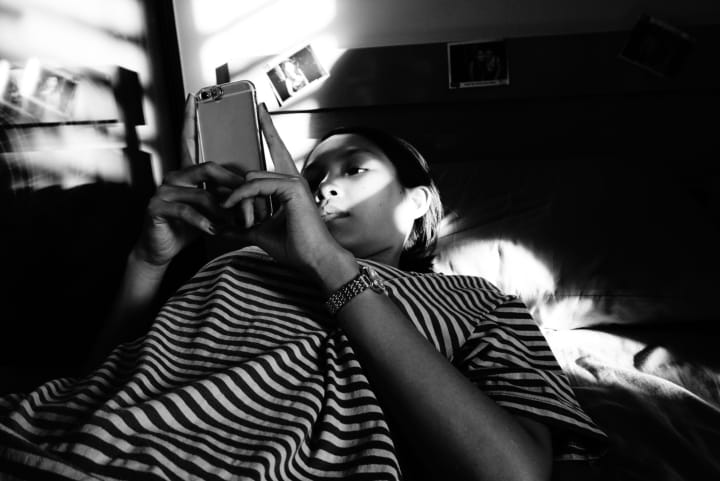
Parents talk about their child being unhappy at school, not managing or coping with the school environment very well, some even getting physically sick at the idea of going into school, becoming withdrawn and depressed or by contrast developing angry or violent behaviours. Children can become school refusers or get diagnosed with school phobia. School or health professionals may look for factors at home that are affecting the child. Parents are given advice or strategies to help them to encourage their child back into school. But what if the advice and strategies don’t work and your child refuses to get out of bed and get dressed? They won’t get on the bus or in your car. The school gets tired of excuses, maybe there is an implication that you are not trying hard enough as a parent to make them go. Your child’s attendance is now unacceptably low and you are threatened with fines and court.
Or perhaps you are managing to keep your child going to school, but your child, the one you know is disappearing before your eyes. Not in that exciting, growing-up, maturing, natural 'leaving the nest' way, but down a slope of despair or frustration.
More and more often, it is the concern for their child’s well-being, that drives parents to a decision to explore home education or home schooling.
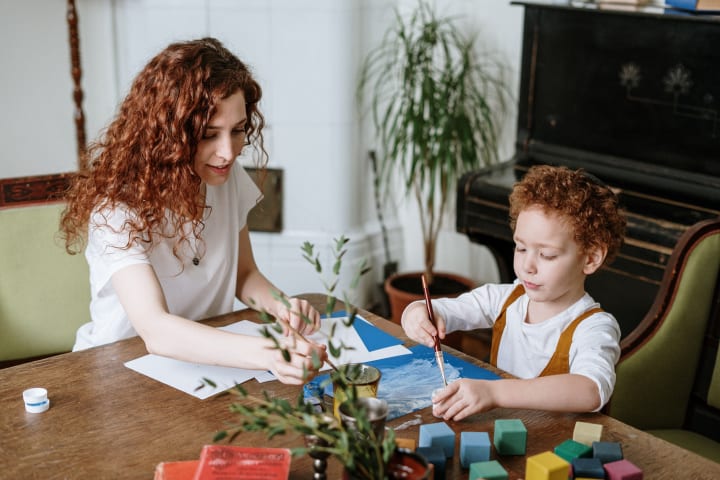
Home education
Whether you had started home educating before the Covid-19 lockdown or whether you now find yourself unexpectedly educating your child at home, you may be facing the challenge of supporting your young person with anxiety, while juggling your own concerns around their education and your other life commitments.
A lot of parents new to home education go through a similar process. The first step is full of motivation and best intentions to provide learning at home in a way that they know, the school way. So often there is a lot of thought and planning around timetables, subjects, resources online, workbooks and activities. The trouble with this, is that if school wasn’t working for your child, it is reasonable to assume school-at-home is also not going to work very well for them. The education you are providing still carries the expectation that it is compulsory and of yours not their choosing. Even if there is compliance in the beginning, with the removal of other school pressures and the novelty of home, soon you find yourself nagging your child to work; the coercion and conflict begins. Your child is still disempowered in their learning.
In the home environment you do not have, nor do you want the same authoritarian structure to make your child comply. Home life, instead of being the safe, loving, nurturing bedrock for your child, becomes a perpetual battleground. This is unsustainable for parent and child alike, and the level of meaningful education is low.
Guilt can then set in, that you are ‘losing’ your child and they are not getting an education.
Parents can start to question whether their child would be better going back to school, even though it wasn’t working before and they are not sure they would get them to go back in anyway.
Something positive learned out of the Covid-19 situation
One of the positives that has come out of the Covid-19 situation, is that many parents have had no choice but to keep their child at home and have discovered something amazing. If you do not put educational expectations or force compulsory learning on a child, they are happier.
That should be enough, but it gets better.
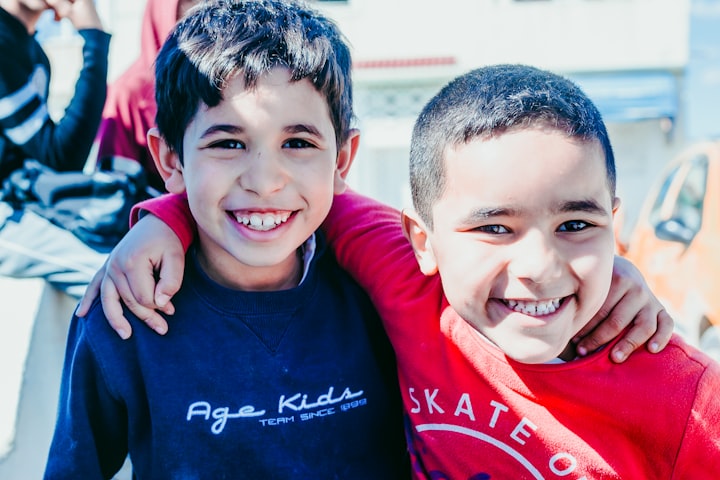
Now that they are happier and can choose how to spend their day, they are more inclined to try new things, cook, make, create digital media, do something community minded, learn useful life skills not taught in school. Even when they have been set work by school, if they have been allowed to work on it in their own time, maybe after having got up at lunchtime, had breakfast in the middle of the day, watched a couple of YouTube videos first and then done the school work still in their pyjamas, they have got on with it without parental nagging (or much less than usual).
As parents, we have to change our mindset around what education and learning look like, if we are going to better support our young people. Not necessarily an easy thing to do, as we have all been through the school system, and the current school model surrounds us as the society expected norm. The more we can trust our children to know what they need to learn as they grow and develop, and change the narrative in our own minds to accompany and support them on each of their own personal learning journeys, the happier, less anxious our children will be.
I also have a great belief that young people will surprise us with their creativity and innovative thinking, if we remove the learning constraints of the top-down, Government approved curriculum, standardised tests and arbitrary expected attainment levels.
Governments should be learning from this unusual time in our history and take note of all the amazing, creative, innovative and talented parents, teachers and influencers generously sharing learning ideas and offerings. I hope they also take note that resources and learning chosen by the learner themselves, when needed, is far more powerful than the top-down compulsory approach. Ironically, Governments after all, are also learning through discovery, as they navigate their way through this pandemic, using expertise as required.
If, while you are waiting for the Government and schools to catch up with the notion of a more flexible education to meet the needs of the individual learner, you are considering the decision as to whether to continue to educate your child at home after Covid-19 lockdown, please bear in mind that forced home education during a pandemic is not the same as home education chosen freely.
The active choice to home educate allows you to work with your child to fully personalise their education. You are not required to follow any particular curriculum, but instead can choose the learning experiences and resources that suit your child’s learning style, aspirations and needs. There are a multitude of home education activities and social get-togethers to join in with and home education enables time for learning through play and discovery. Days can be filled with forest skills, beach trips, museum and gallery visits or time can be spent mastering relevant skills for chosen career paths. Learning can happen at a time and pace that suits your child and you as a family.
This is an unprecedented time in history and there is a lot for both parents and children to feel fearful and anxious about, but don’t let the school work be one of them. If your child had been previously suffering with school related anxiety, seize this time as a GOLDEN OPPORTUNITY to try something new with your children and their learning, no strings attached. Your child will not ‘fall behind’, but might just discover a new passion for learning.
You've got this - trust yourself and your child - follow interests and passions, learn new skills, cook together, play together, share ideas together.
Embrace it! Enjoy it!
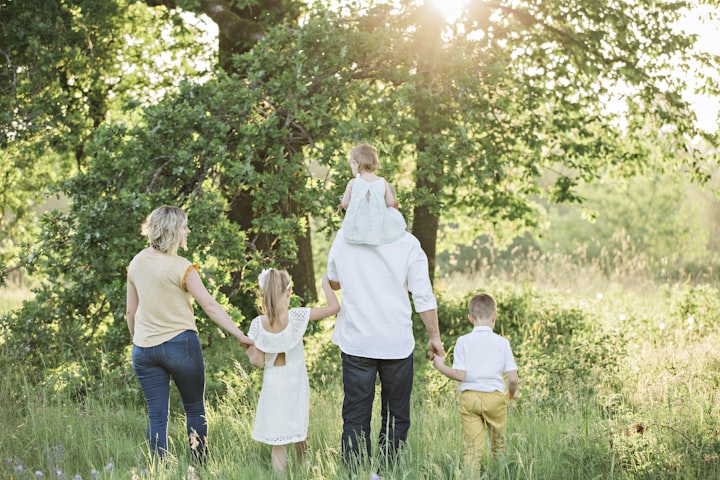
About the Creator
Zena Hodgson
Helping women move from anxiety to calm using a solution focused approach tailored to their unique needs | 1:1 Coaching | Anxiety Therapist | Sleep better | Menopause support | Clinical Hypnotherapist & Psychotherapist






Comments
There are no comments for this story
Be the first to respond and start the conversation.